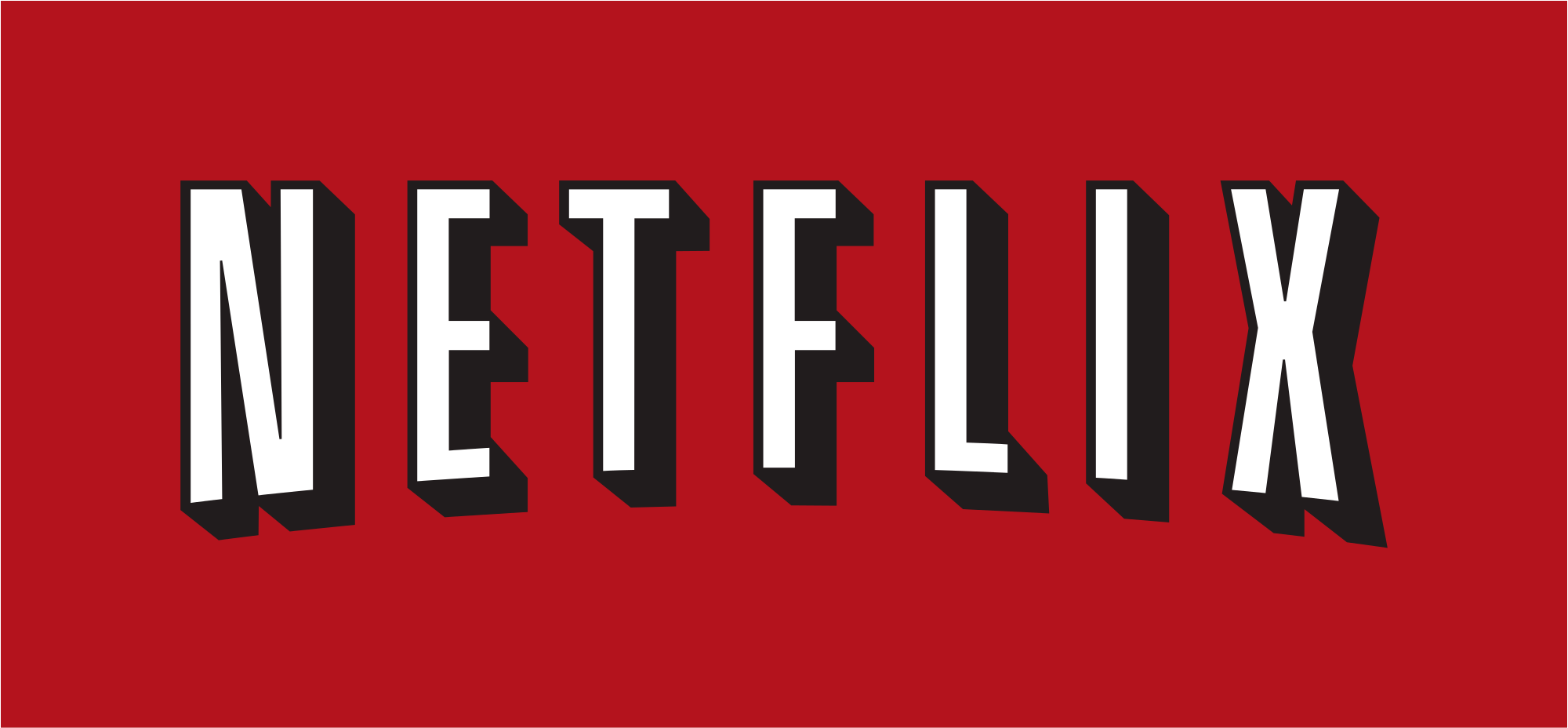60% of Americans stream content online and more than half of them do it through Netflix. But that might just change unless the company makes some moves. In early 2019, the company announced price increases. Now, the one-stream subscription plan costs $9 instead of $8; the two-stream plan $13 instead of $11, and the most expensive plan, which includes four streams, costs $16 instead of $14. Some of Netflix’ customers will quit their subscriptions and look for other options after this price hike—especially as it is not a one-time thing.
A survey conducted by Streaming Observer revealed that 27% of Netflix subscribers claim they are considering canceling or will definitely cancel their subscriptions after the price increase. Unless Netflix changes its business model.
Netflix operates with a subscription-based model. Clients pay a flat rate every month to have access to a wide variety of content, both original and third-party content. The more the content, the better the service. But producing or buying it is expensive—one Stranger Things’ episode can cost up to $8 million to produce. Thus, it is not surprising that the Los Gatos, California,- based company has negative cash flow and needs to increase subscription prices: it is constantly borrowing money to gather more content.

Given this expensive business cycle (more content, more debt), Netflix has a choice to make: either reduce the new content poured into the streaming service or find other sources of revenue.
The first choice is unattainable. Five years ago, Netflix lacked competition. The big entertainment companies were too busy figuring out how to deal with the closing of movie theaters and the illegal download of movies. Blockbuster, the video-rental company, could not compete in the digital era either (it was a brick and mortar business). The market was ripe for change, and Netflix was there. The over-the-top (OTT) company had figured out that customers wanted shows online and on-demand—anything at any time. The streaming service bought shows from other companies to stream them on their platform. But soon, the competition started to grow.
Amazon Prime launched its video section and HBO had its own streaming service. Netflix started to lose content. This year, Disney, AT&T, and Viacom have announced they will join the OTT market, and pull its content from Netflix. There are also rumors that Apple will also join the streaming industry in 2019.
The problem for Netflix is that customers choose one service over another just based on the content. Content is the key to success and success requires money. As an executive at a streaming service said in a recent interview for IESE Business School: “Telling the best stories. Period. The content boom is the race to tell the most relevant, compelling, globally impactful stories.”
Netflix cannot stop its content production and acquisition race. If it does, it will just lose its clients.
The second choice could be more appealing for the Netflix C-suite. As we said earlier, more than a quarter of Netflix’s subscribers claim they will cancel due to the price increase, but interestingly, they were more open to an ad-supported version of Netflix if it meant the price would go down. 29% of respondents would tolerate commercial interruptions if they got 50% off their subscription bill.
Hulu, the OTT entertainment company, claimed a few months ago that it had 40% more viewers compared to 2017. Its customers do not mind advertisements, as long as the service is cheaper. Netflix could consider doing the same, although right now it prides itself on offering the best and uninterrupted service to its customers.
Either way, with the awakening of the entertainment moguls, Netflix needs to step up its game. Content is king, and much so in the OTT market. If Netflix’ subscription price increases and its content shrinks, the Los Gatos-based company will end up like Blockbuster.
Carmen Arroyo & Josep Valor


thank u for share this article
hey thank u for sharing this post but can you help me to explain this part Hulu, the OTT entertainment company, claimed a few months ago that it had 40% more viewers compared to 2017.